Spotting Fake Friends on Social Media
In today's digital landscape, the line between genuine friendships and superficial connections can often blur, leaving many of us questioning the authenticity of our social interactions. With the rise of social media, it's easier than ever to connect with people from all walks of life, but this convenience can come with a downside. How do we sift through the noise and identify those who truly care about us versus those who are just looking for a quick ego boost or a favor? This article explores the signs of fake friendships on social media, offering insights into identifying superficial connections and fostering genuine relationships in the digital age.
Fake friendships can often masquerade as genuine connections, leading to confusion and emotional distress. These relationships might seem harmless at first glance, but they can have a profound impact on our mental well-being. A fake friend is often characterized by a lack of emotional support, inconsistency in communication, and a tendency to engage only when it’s convenient for them. It's essential to recognize these characteristics to protect ourselves from the emotional turmoil that can arise from maintaining these hollow connections.
Recognizing the warning signs of fake friends is crucial. If you find yourself questioning the sincerity of your friendships, consider the following common behaviors that indicate a friendship may not be as authentic as it seems:
- Inconsistent Communication: One major sign of a fake friend is inconsistent communication. If you notice that messages are sporadic and often initiated by you, it may reveal a lack of genuine interest in the friendship.
- Only Reaching Out When Needed: Fake friends often contact you only when they need something. This behavior reflects their true intentions and lack of reciprocity, making it clear that the relationship is one-sided.
- Limited Engagement in Your Life: A fake friend may show little interest in your life events. They might scroll past your achievements on social media without a comment or fail to ask about your day, emphasizing the importance of mutual engagement in fostering authentic friendships.
The way someone interacts with you on social media can signal their true intentions. Are they quick to like your posts but never engage in meaningful conversation? Do they seem to prioritize their own online persona over your friendship? These behaviors can be significant indicators of a lack of sincerity. For instance, if a so-called friend frequently posts about their achievements but never takes the time to celebrate yours, it might be time to reevaluate that connection.
Fake friendships can significantly affect mental health. Maintaining superficial connections can lead to an emotional toll that is often underestimated. It’s essential to recognize how these relationships can contribute to feelings of isolation and lowered self-esteem. Even with many online connections, fake friendships can leave you feeling unsupported, as they provide neither the emotional support nor the validation that genuine friendships offer.
Despite having a plethora of online connections, fake friendships can lead to feelings of isolation. You might find yourself scrolling through social media, surrounded by "friends," yet feeling completely alone. This paradox can be disheartening and may create a sense of longing for authentic connections that truly uplift you. It’s crucial to understand that quantity does not equal quality when it comes to friendships.
Fake friends can negatively impact your self-esteem. Their actions, such as dismissing your achievements or failing to support you during tough times, can lead to self-doubt and feelings of inadequacy. This is why surrounding yourself with genuine friends who celebrate your successes and support you during challenges is vital for maintaining a healthy self-image.
Fostering authentic friendships is essential for emotional well-being. To cultivate genuine connections in the digital landscape, consider the following practical tips:
- Engage actively with your friends' posts and show genuine interest in their lives.
- Be open about your feelings and encourage your friends to do the same.
- Set boundaries with those who consistently demonstrate fake behaviors.
- Prioritize quality over quantity when it comes to your friendships.
Q: How can I tell if someone is a fake friend?
A: Look for inconsistent communication, a lack of engagement in your life, and whether they only reach out when they need something.
Q: Is it okay to cut off fake friends?
A: Absolutely! Prioritizing your mental health is essential, and surrounding yourself with genuine people is crucial for your well-being.
Q: How can I find more genuine friends online?
A: Engage in communities that share your interests, participate in discussions, and focus on building connections based on mutual respect and support.
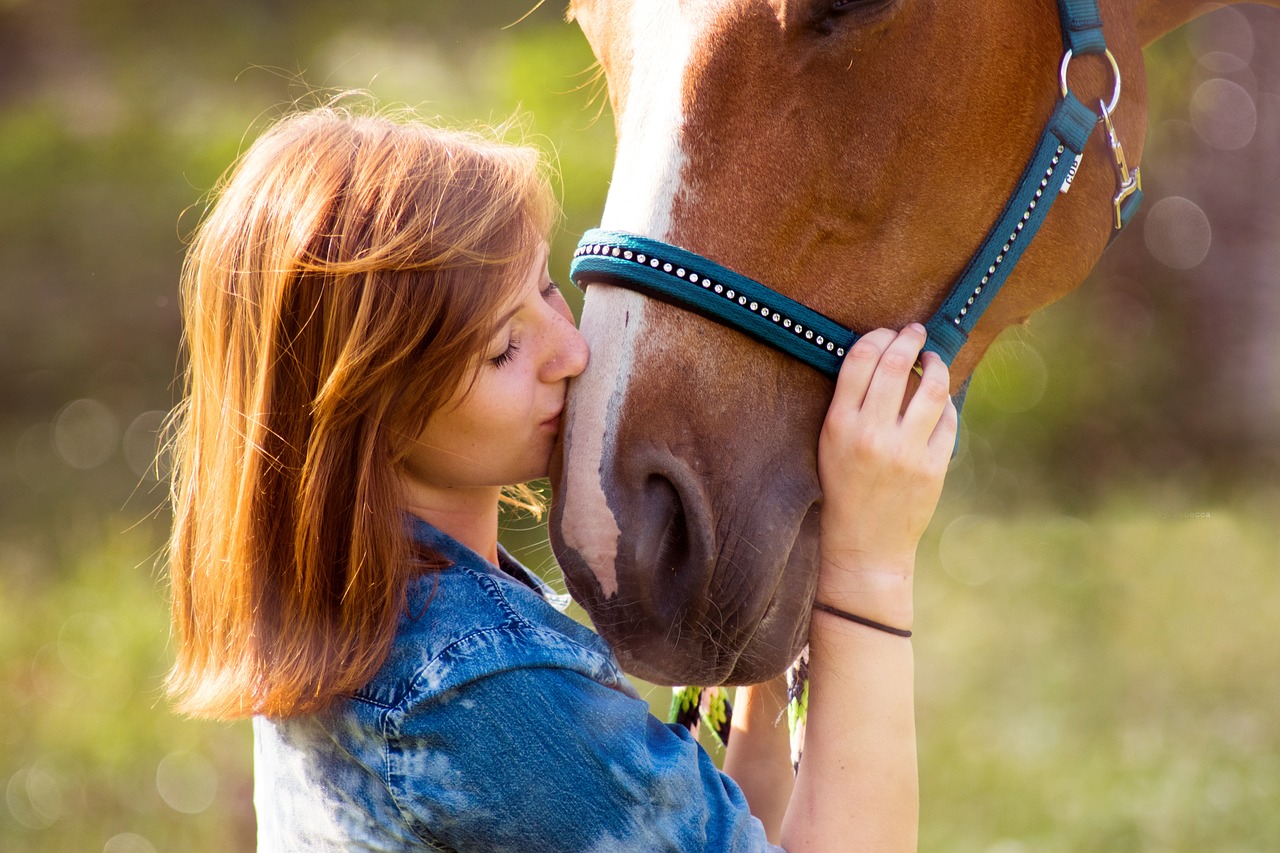
Understanding Fake Friendships
In our hyper-connected world, where social media reigns supreme, it's easy to confuse superficial connections with genuine friendships. Fake friendships can often masquerade as real bonds, leaving us feeling confused and emotionally drained. But what really defines these relationships? At their core, fake friendships are characterized by a lack of mutual respect, support, and understanding. They thrive on surface-level interactions and often lack the depth that true friendships provide.
These relationships can have a profound impact on our emotional well-being. Imagine walking through a crowded room filled with familiar faces, yet feeling completely alone. That's the paradox of fake friendships. They may seem plentiful on the surface, but they often leave us feeling isolated and unfulfilled. The emotional toll can be significant, as we invest time and energy into connections that ultimately don't nurture our souls.
So, how do we identify these insincere friendships? Here are some key characteristics:
- Lack of Reciprocity: Genuine friendships are built on give-and-take. If you find yourself always being the one to initiate conversations or make plans, it might be time to reassess the relationship.
- Superficial Interactions: If your conversations revolve around trivial topics and never dive deeper, it could indicate a lack of genuine interest in each other's lives.
- Emotional Drain: Fake friends can leave you feeling exhausted rather than uplifted. If you consistently feel worse after interacting with someone, they may not have your best interests at heart.
Understanding these traits can empower you to make informed decisions about who you allow into your inner circle. It's essential to recognize that not every connection is meant to last. Some people come into our lives for a season, while others are there for the long haul. By identifying fake friendships, you can focus your energy on nurturing relationships that truly matter.
In conclusion, understanding fake friendships is the first step toward cultivating a healthier social environment. By being aware of the signs and characteristics, you can begin to sift through the noise and find those authentic connections that enrich your life. Remember, it's better to have a few genuine friends than a multitude of superficial ones.
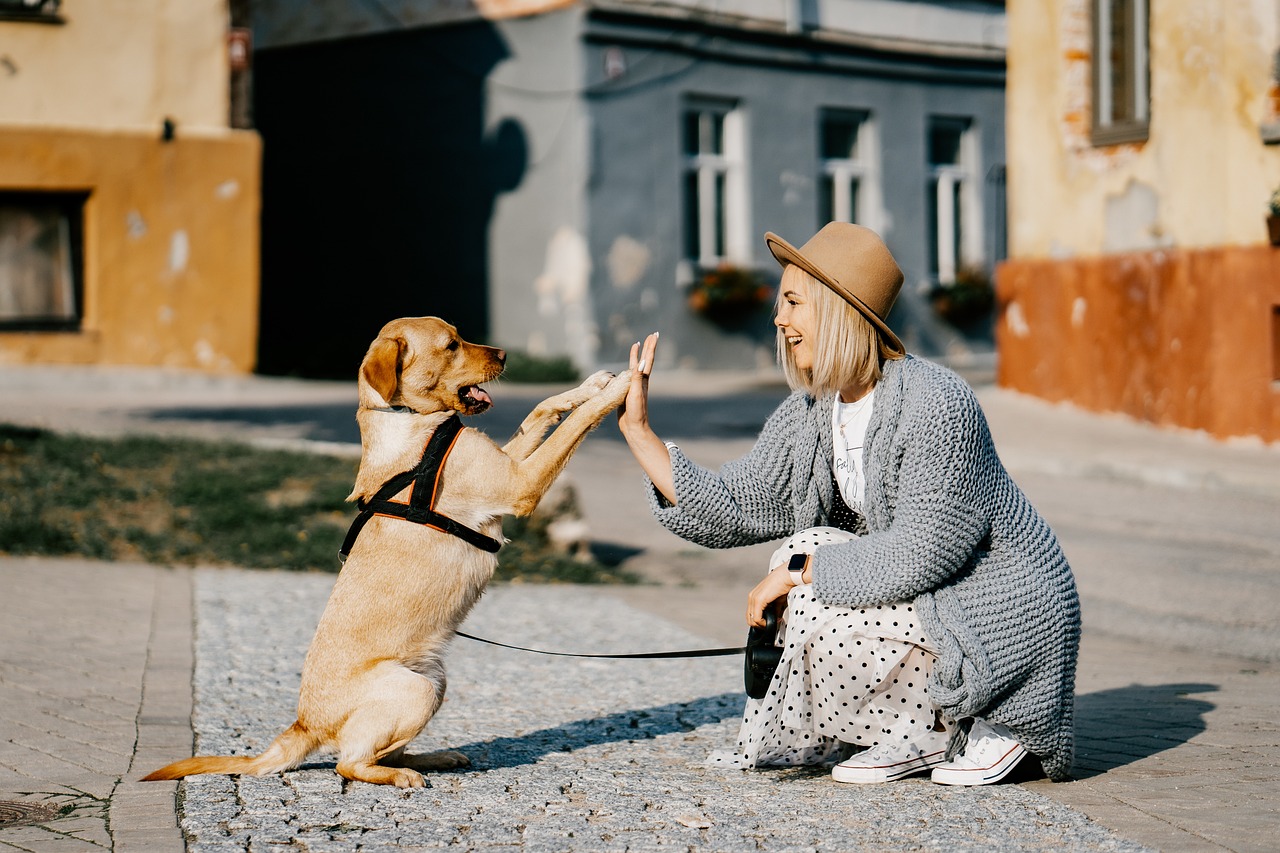
Red Flags of Fake Friends
Recognizing the warning signs of fake friends is crucial in navigating the often murky waters of social media relationships. In a world where connections can be just a click away, it’s easy to mistake superficial interactions for genuine friendships. However, being aware of certain behaviors can help you discern who truly cares about you and who is merely filling their social quota. Here are some significant red flags that might indicate a friendship isn’t as authentic as it seems.
One of the most glaring signs of a fake friend is inconsistent communication. You know the type: they pop up every now and then, sending a message that feels more obligatory than heartfelt. If you find yourself always initiating conversations, it might be time to reconsider the value of that connection. Genuine friends are those who make an effort to check in on you, share updates, and engage in meaningful dialogue. When communication feels one-sided, it’s a red flag waving in your face.
Another telling behavior is when a friend only reaches out when they need something. This could be anything from asking for a favor to seeking emotional support during their tough times, yet they disappear when you need them. It’s like a vending machine friendship: they only want to “purchase” your attention when it’s convenient for them. This lack of reciprocity can leave you feeling drained and unappreciated, highlighting the transactional nature of the relationship.
Fake friends often exhibit limited engagement in your life. They might scroll through your posts but never comment or react, showing little to no interest in your achievements or struggles. A true friend celebrates your victories and offers support during challenges. If you notice that your friend rarely asks about your life or shows excitement for your milestones, it could be a sign that their interest is merely superficial.
The way someone interacts with you on social media can also serve as a significant indicator of their true intentions. For instance, if a friend only likes your posts when they’re particularly popular or when they can benefit from the exposure, it raises questions about their motives. Authentic friendships thrive on mutual support, where both parties genuinely engage with each other’s content. If you find your friend is more of a ghost than a cheerleader, it might be time to reevaluate that connection.
In summary, spotting the red flags of fake friends can save you from emotional turmoil and help you focus on nurturing genuine relationships. Remember, it’s not just about the quantity of your connections, but the quality of those relationships that truly matters. Surrounding yourself with people who genuinely care about you can lead to a more fulfilling and supportive social experience.
- How can I tell if someone is a fake friend?
Look for signs like inconsistent communication, only reaching out when they need something, and a lack of genuine interest in your life. If you feel more drained than uplifted after interactions, it might be time to reconsider the friendship.
- What should I do if I suspect someone is a fake friend?
Consider having an open conversation with them about your feelings. If things don’t improve, it may be best to distance yourself and focus on building relationships with those who genuinely care.
- Is it possible to turn a fake friendship into a genuine one?
While it’s possible, it requires effort from both parties. If the other person is willing to invest in the relationship and show genuine interest, it might evolve into something more meaningful.
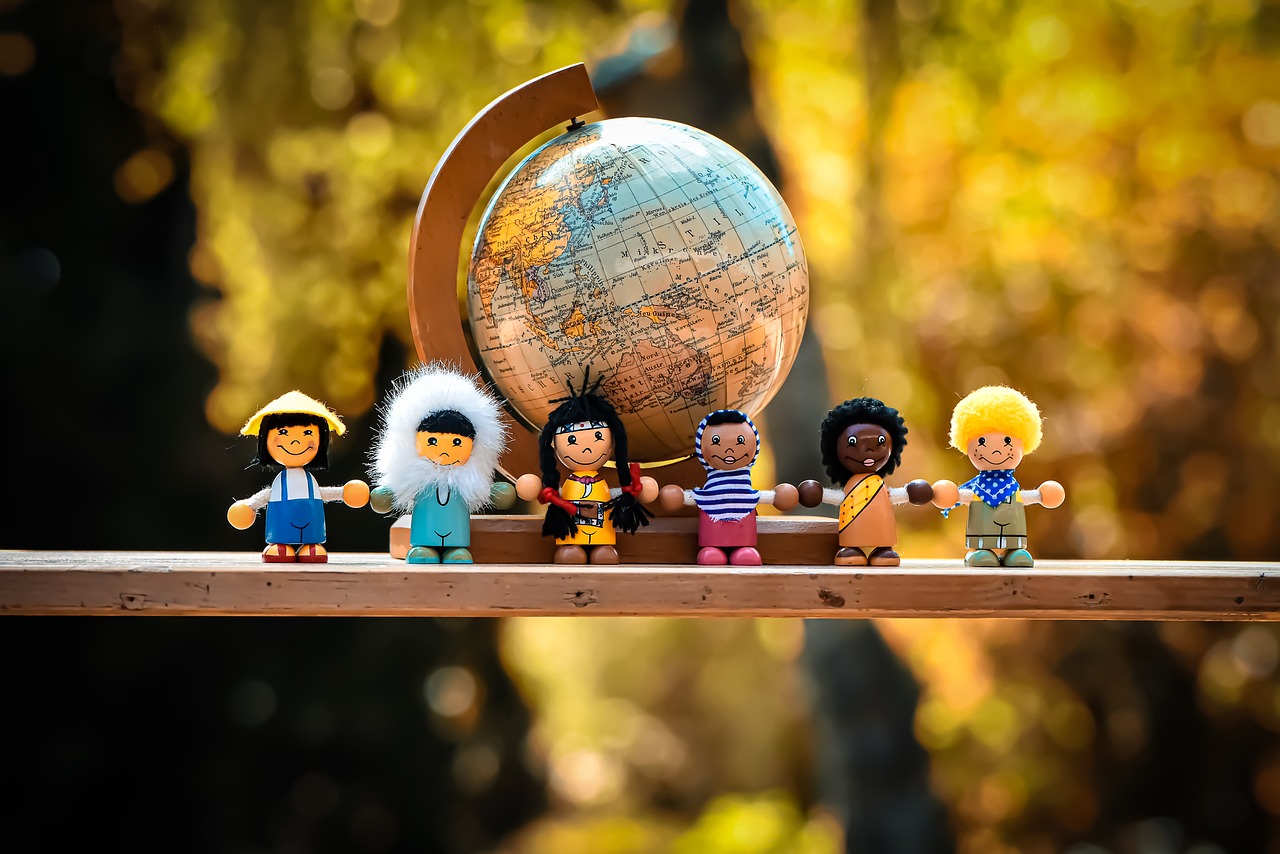
Inconsistent Communication
Have you ever noticed that some friends seem to vanish into thin air, only to resurface when they need something? This is a glaring red flag in the realm of friendships, especially on social media. When a friend only reaches out sporadically, it can feel like you're playing a never-ending game of hide and seek. You might find yourself wondering, "Do they even care about me?"
It's important to recognize that genuine friendships are marked by consistent and meaningful communication. When a friend truly values your connection, they will make an effort to stay in touch, share updates about their lives, and check in on you regularly. On the flip side, if your interactions feel one-sided or are limited to occasional messages, it might be time to reassess the relationship.
Let’s break it down a little further. Here are some common patterns of inconsistent communication that might indicate a fake friend:
- Delayed Responses: If you find yourself waiting days or even weeks for a reply, it might suggest that your friend isn’t prioritizing your relationship.
- One-Sided Conversations: If you’re always the one initiating conversations, it’s a sign that your friend may not be as invested as you are.
- Excuses for Absence: Frequent excuses for not being able to chat or meet up can indicate a lack of genuine interest.
Inconsistent communication can be emotionally draining. It can leave you feeling undervalued and confused about where you stand in the friendship. It's like trying to fill a bucket with holes; no matter how much effort you put in, it just never feels full. The key here is to pay attention to how often your friend reaches out and the quality of those interactions. Are they just checking off a box, or do they genuinely want to connect?
Ultimately, friendships should uplift us, not leave us questioning our worth. If you find that a friend’s communication remains inconsistent despite your efforts to engage, it may be time to reevaluate that connection. Remember, you deserve friends who are as invested in you as you are in them.

Only Reaching Out When Needed
Have you ever noticed that some friends only pop up when they need something? It’s like they have a radar for when you’re in a position to help, and suddenly, they’re all over your social media, sliding into your DMs, or texting you like you’re their best buddy. This behavior is a classic sign of a fake friendship. Genuine friends don’t just reach out when it’s convenient for them; they are there for you through thick and thin, celebrating your victories and supporting you in tough times.
When someone only contacts you for favors or assistance, it can feel like you’re merely a resource rather than a valued friend. This transactional nature of the relationship can leave you feeling used and unappreciated. If you find yourself frequently saying, “Why don’t they ever check in on me?” or “It’s always about them,” it might be time to reassess the connection. Genuine friendships are built on mutual respect and care, not just on what one can gain from the other.
To illustrate this, consider the following scenarios that highlight the difference between genuine friends and fake friends:
| Genuine Friends | Fake Friends |
|---|---|
| Reach out to check on you regularly. | Only contact you when they need something. |
| Celebrate your achievements with you. | Rarely acknowledge your successes unless it benefits them. |
| Offer support during tough times. | Disappears when you need help. |
It’s essential to recognize these patterns in your friendships. If you find that someone is only reaching out when they need something, it’s a clear indication that the relationship lacks depth. You deserve friends who appreciate you for who you are, not just what you can do for them. So, the next time you receive a message that feels more like a request than a genuine check-in, take a moment to reflect on the nature of that friendship.

Limited Engagement in Your Life
When it comes to friendships, genuine engagement is key. If you find that a supposed friend shows little interest in your life, this is a major red flag. A true friend is someone who celebrates your victories, supports you during tough times, and is genuinely curious about your day-to-day experiences. If your friend rarely asks about your life, fails to comment on your achievements, or seems indifferent to your struggles, it might be time to reevaluate the relationship.
Think about it: a friendship should feel like a two-way street, where both parties are actively involved in each other's lives. If you’re the only one sharing updates, posting photos, or reaching out for a chat, it can feel incredibly one-sided. This lack of engagement can manifest in various ways:
- Absence of Questions: If your friend never asks about your weekend plans or how your job is going, it could indicate a lack of interest.
- Minimal Interaction: They might scroll through your posts without liking or commenting, which can feel dismissive.
- Failure to Remember Important Events: If they forget your birthday or other significant milestones, it can hurt and signal that they aren't invested.
These behaviors can lead to feelings of neglect and disappointment. Imagine putting your heart into a friendship, only to realize that the other person isn’t reciprocating your enthusiasm. It’s like trying to fill a bucket with holes; no matter how much effort you put in, you end up feeling drained and unfulfilled. This limited engagement not only reflects a lack of genuine care but can also lead to emotional distress. You deserve friends who are excited to be part of your life, who will engage with you wholeheartedly, and who will stand by you through thick and thin. Remember, it’s better to have a few genuine friends than a multitude of fake ones.
In the age of social media, it’s easy to get caught up in the illusion of friendship. However, true connections go beyond likes and comments; they require active participation and mutual support. So, if you find yourself in a friendship characterized by limited engagement, consider taking a step back. Surround yourself with people who uplift you, who are genuinely interested in your life, and who make you feel valued.
Q: How can I tell if a friend is fake?
A: Look for signs such as inconsistent communication, only reaching out when they need something, and a lack of interest in your life. If these behaviors are prevalent, it may indicate a superficial friendship.
Q: Is it worth trying to salvage a friendship that feels one-sided?
A: It depends on the situation. Open communication can sometimes help, but if the other person continues to show limited engagement, it may be healthier to focus on building relationships with those who truly value you.
Q: How can I find genuine friends online?
A: Look for communities that share your interests, engage in meaningful conversations, and be open about your own experiences. Authentic connections often stem from shared passions and mutual support.

Social Media Behavior
In today's digital world, the way we interact on social media can reveal a lot about our relationships. Have you ever noticed that some friends only seem to pop up in your notifications when they want something? This is a classic sign of a fake friend. Genuine friendships are built on mutual interest and support, but fake friends often prioritize their own needs over yours. They might like your posts, but how often do they take the time to comment or engage in meaningful conversations? If their engagement feels superficial, it’s worth taking a step back to evaluate the friendship.
Moreover, consider how they react to your achievements. A true friend celebrates your successes, while a fake friend may downplay them or even feel threatened. This behavior can be particularly evident in the comments section of your posts. For instance, if you share a significant milestone, a supportive friend will likely leave a heartfelt comment, while a fake friend might simply react with a thumbs-up or not engage at all. It's crucial to recognize these nuances in behavior.
Another aspect to consider is how they handle your struggles. When you share something personal or challenging, do they offer support, or do they quickly change the subject back to themselves? A lack of empathy or interest in your well-being can be a major red flag. You might find yourself feeling like a background character in their story, rather than a valued friend. This can lead to feelings of frustration and disappointment, which are indications that the friendship may not be as genuine as you thought.
To help illustrate these points, consider the following table that summarizes key behaviors of fake friends on social media:
| Behavior | Fake Friend | Genuine Friend |
|---|---|---|
| Engagement with Your Posts | Likes but rarely comments | Comments thoughtfully and encourages discussion |
| Response to Your Success | Minimal or dismissive reactions | Celebrates your achievements enthusiastically |
| Support During Tough Times | Changes the subject or ignores your struggles | Offers help and listens to your concerns |
Ultimately, social media can serve as a magnifying glass for our friendships. It highlights the differences between those who genuinely care and those who are merely passing through our lives. By being aware of these behaviors, you can make more informed decisions about who to invest your time and energy in. After all, surrounding yourself with authentic friends is essential for your emotional health and overall happiness.
- How can I tell if someone is a fake friend on social media? Look for patterns in their engagement. If they rarely reach out unless they need something, or if they show little interest in your life, these could be signs of a fake friendship.
- What should I do if I realize I have fake friends? Consider having an open conversation with them about your feelings. If the behavior doesn’t change, it may be time to distance yourself and focus on nurturing genuine relationships.
- Can social media friendships be real? Absolutely! Many meaningful connections start online. The key is to look for mutual support, engagement, and respect in those relationships.
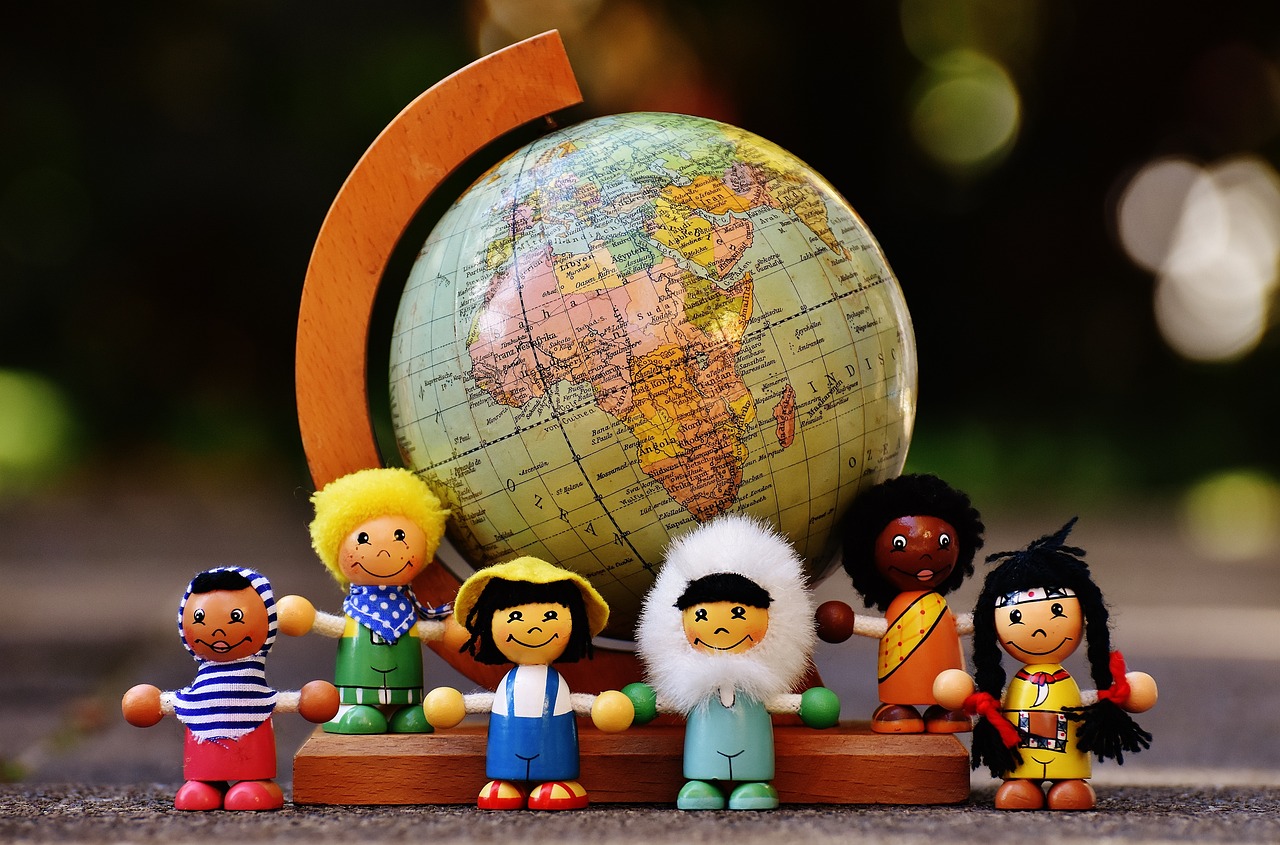
Impact on Mental Health
Fake friendships can significantly affect our mental health, often in ways we might not immediately recognize. While the digital age has made it easier to connect with others, it has also paved the way for superficial relationships that can leave us feeling emotionally drained. Imagine walking into a crowded room filled with acquaintances who barely know you; that’s what maintaining fake friendships can feel like. You might have hundreds of friends online, but when those connections lack depth, they can lead to feelings of loneliness and isolation.
One of the most troubling aspects of fake friendships is the feelings of isolation they can create. You may find yourself scrolling through social media, seeing posts of friends hanging out, celebrating milestones, or even just sharing daily moments. Yet, when you reach out to these so-called friends, you might receive minimal engagement or, worse, silence. This can leave you feeling unsupported and alone, as if you’re a spectator in your own life. The paradox here is that despite being “connected” to so many, you may feel more isolated than ever.
Another critical impact of fake friendships is the potential for lowered self-esteem. When you invest time and energy into relationships that don’t reciprocate, it’s easy to start questioning your worth. You might find yourself wondering why they don’t seem interested in your life or why they only reach out during convenient times for them. This can lead to self-doubt and feelings of inadequacy, as you start to internalize their behavior as a reflection of your value as a person. It's a slippery slope that can spiral into deeper emotional issues if not addressed.
In fact, studies have shown that maintaining superficial relationships can lead to increased anxiety and depression. People often feel the pressure to keep up appearances online, showcasing a perfect life while feeling empty inside. This disconnect between reality and social media can exacerbate feelings of inadequacy and loneliness. It’s crucial to recognize that the quality of our friendships matters far more than the quantity. Genuine connections provide support, encouragement, and a sense of belonging that are vital for our mental health.
So, how do we combat the negative impacts of fake friendships? First, it’s essential to evaluate your relationships. Ask yourself: Are these friends there for me when I need them? Do they celebrate my successes and support me during tough times? If the answers lean toward “no,” it might be time to reconsider the value of these connections. Surrounding yourself with genuine friends who uplift you can significantly improve your emotional well-being.
In summary, the impact of fake friendships on mental health is profound and often overlooked. The feelings of isolation and lowered self-esteem that can arise from these superficial connections are not just fleeting emotions; they can have lasting effects on our overall happiness. By focusing on building authentic relationships, we can create a supportive network that enhances our mental well-being and helps us navigate the complexities of life.
- What are the signs of a fake friendship? Look for inconsistent communication, lack of interest in your life, and only reaching out when they need something.
- How can fake friendships affect my mental health? They can lead to feelings of isolation and lowered self-esteem, making you feel unsupported and inadequate.
- What should I do if I realize I have fake friends? Evaluate your relationships, and consider distancing yourself from those who don’t provide mutual support and engagement.
- How can I cultivate genuine friendships? Focus on building connections based on mutual interests, support, and open communication.
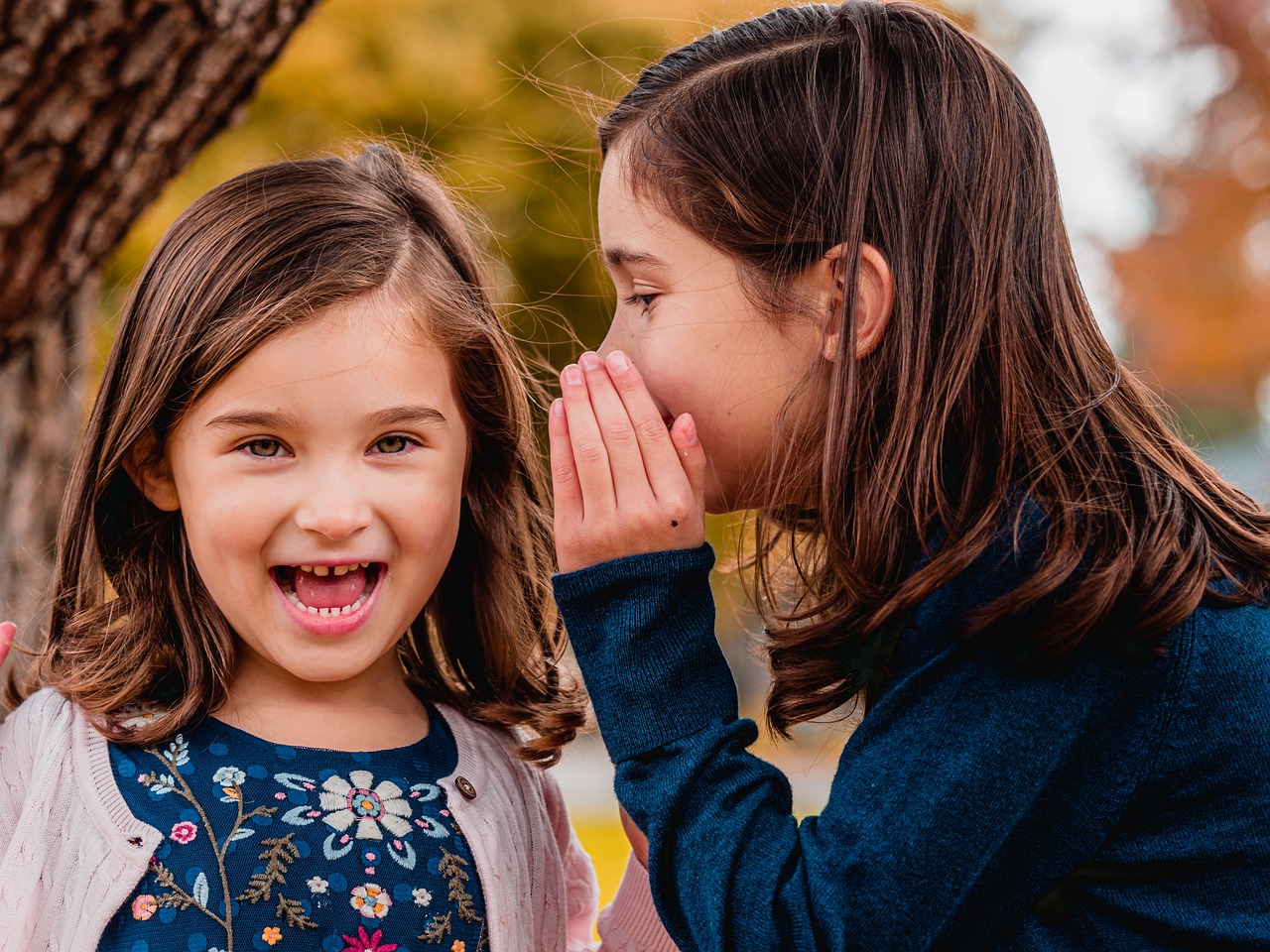
Feelings of Isolation
In this hyper-connected digital world, it’s ironic how many of us feel profoundly isolated. You might have hundreds, if not thousands, of friends on social media, yet still find yourself feeling alone. This paradox often stems from the superficial nature of fake friendships. When your connections lack depth and authenticity, they can leave you feeling like you’re shouting into a void, with no one truly listening. It’s as if you’re surrounded by a crowd, but no one is actually there for you.
Imagine attending a party where everyone is busy scrolling through their phones instead of engaging in meaningful conversations. This scenario reflects the reality of many online interactions today. Fake friends often contribute to a sense of disconnection rather than connection. They may like your posts or comment with generic phrases, but when it comes to genuine support, they are nowhere to be found. This lack of real engagement can lead to feelings of loneliness, making you question your self-worth and the quality of your relationships.
Moreover, the emotional toll of maintaining these superficial connections can be exhausting. You might find yourself investing time and energy into friendships that don’t reciprocate your efforts. This one-sided dynamic can create a sense of resentment and further deepen your feelings of isolation. It’s crucial to recognize that not all friendships are created equal. Some may appear bright and shiny on the surface but lack the substance needed to nurture your emotional health.
As you navigate through your social media landscape, consider the following aspects that can help you identify feelings of isolation stemming from fake friendships:
- Emotional Support: Are your friends there for you during tough times, or do they vanish when you need them the most?
- Quality of Interaction: Do your conversations feel fulfilling and enriching, or are they just surface-level exchanges?
- Reciprocity: Is there a balance in your friendship, or do you find yourself always giving without receiving?
Understanding these elements can help you discern which relationships are worth nurturing and which ones might be better to let go. Remember, it’s better to have a few genuine friends who uplift you than a multitude of superficial connections that leave you feeling empty. By prioritizing quality over quantity, you can cultivate a social circle that truly supports and values you, significantly reducing those feelings of isolation.
- What are the signs of a fake friend? Fake friends often show inconsistent communication, engage only when they need something, and exhibit limited interest in your life.
- How can fake friendships affect my mental health? They can lead to feelings of isolation and lowered self-esteem, as these relationships often lack emotional support.
- How do I cultivate genuine friendships? Focus on building relationships based on mutual interests, support, and open communication. Seek friends who genuinely care about your well-being.

Lowered Self-Esteem
In today's hyper-connected world, where social media reigns supreme, the impact of fake friendships can be particularly damaging to our self-esteem. It's like standing in a crowd, surrounded by people who seem to care, yet feeling utterly alone. When you invest time and energy into relationships that lack sincerity, it can lead to feelings of inadequacy and self-doubt. You might find yourself questioning your worth, wondering why these so-called friends don't reciprocate your efforts.
Imagine this: you share a significant achievement or a heartfelt moment on your social media, and the response is crickets. No likes, no comments, no acknowledgment. It stings, doesn't it? This lack of engagement can make you feel invisible, as if your experiences are not valued. Over time, this can erode your confidence, making you feel less worthy of genuine connections. The emotional toll of such superficial interactions can be profound, leading to a cycle of seeking validation from those who aren't truly invested in your life.
Moreover, fake friends often engage in comparisons, subtly or overtly, which can further diminish your self-esteem. They might boast about their achievements while downplaying yours, creating a toxic environment where you feel like you're constantly falling short. It's essential to recognize that these behaviors are a reflection of their insecurities, not yours. Surrounding yourself with individuals who uplift and support you is crucial for maintaining a healthy self-image.
To combat the negative effects of fake friendships on your self-esteem, consider the following:
- Reflect on Your Relationships: Take a moment to assess your connections. Are they enriching your life or draining your energy?
- Set Boundaries: It's okay to distance yourself from those who do not support you. Prioritize relationships that nurture your self-worth.
- Seek Genuine Connections: Invest time in friendships where there is mutual respect and appreciation. Quality over quantity is key!
Ultimately, recognizing the impact of fake friendships on your self-esteem is the first step towards reclaiming your confidence. By fostering authentic relationships, you not only enhance your emotional well-being but also create a supportive network that celebrates you for who you truly are.
- How can I identify fake friends on social media? Look for signs such as inconsistent communication, lack of support during important moments, and limited engagement in your life.
- What should I do if I realize I have fake friends? Consider distancing yourself from those relationships and focus on cultivating genuine connections that uplift you.
- Can fake friendships really affect my mental health? Yes, maintaining superficial connections can lead to feelings of isolation, lowered self-esteem, and emotional distress.
- How can I foster genuine friendships? Be open and honest in your interactions, prioritize mutual support, and invest time in relationships that bring you joy.

Cultivating Genuine Connections
In a world dominated by social media, where likes and shares can easily replace real conversations, cultivating genuine connections has become more important than ever. It's easy to get caught up in the whirlwind of digital interactions, but taking the time to nurture authentic relationships can greatly enhance your emotional well-being. So, how do we move beyond the superficial and foster real friendships?
First and foremost, communication is key. Authentic friendships thrive on open and honest dialogue. Instead of merely scrolling through each other’s posts, try initiating deeper conversations. Ask your friends about their lives, their dreams, and their challenges. This not only shows that you care but also invites them to share their true selves with you. Remember, a connection is like a plant; it needs nurturing to grow. Without genuine communication, it withers away.
Another vital aspect is to be present. In our fast-paced digital age, it's tempting to multitask while chatting or texting. However, taking a moment to focus on the person you're communicating with can make a world of difference. Put down your phone, make eye contact (even if it's through a video call), and show that you value their time. When you’re fully engaged, it sends a clear message that the relationship matters to you.
Additionally, shared experiences can significantly strengthen bonds. Whether it’s attending a concert together, going for a hike, or simply grabbing coffee, creating memories fosters a deeper connection. These experiences serve as the foundation for your friendship, giving you both something to reminisce about and build upon. Consider planning regular meet-ups or virtual hangouts if distance is an issue. The effort you put into these moments will pay off in the long run.
Moreover, embracing vulnerability is crucial in cultivating genuine friendships. It might feel uncomfortable at first, but sharing your fears, insecurities, or even your triumphs can create a safe space for your friends to do the same. This mutual openness builds trust and lays the groundwork for a more profound connection. After all, isn’t it comforting to know that someone else understands your struggles?
Lastly, be mindful of the quality over quantity principle. It’s easy to get caught up in having a large friend circle, but it’s far more rewarding to have a few close friends who genuinely support you. Focus on nurturing those relationships that bring you joy and positivity. As you do this, you’ll find that your social media interactions will naturally shift towards more meaningful engagements.
- How can I tell if a friend is genuine? Look for consistency in their actions, willingness to support you, and the depth of your conversations.
- Is it okay to have a large friend group? Yes, but prioritize quality connections over quantity. Focus on nurturing the relationships that matter most.
- What if I feel isolated despite having many online friends? Consider reaching out to a few individuals for deeper connections rather than spreading your energy thin across many acquaintances.
- How can I encourage my friends to be more open? Lead by example. Share your thoughts and feelings, and create a safe space for them to do the same.
Frequently Asked Questions
- What are the signs of a fake friend on social media?
Fake friends often display signs such as inconsistent communication, only reaching out when they need something, and showing limited engagement in your life. If you notice a pattern where they only pop up during specific situations, it might be time to reassess the friendship.
- How can fake friendships impact my mental health?
Maintaining fake friendships can lead to feelings of isolation and lowered self-esteem. Even with many connections online, the lack of genuine support can leave you feeling lonely and unappreciated, which can take a toll on your overall emotional well-being.
- What should I do if I realize I have fake friends?
If you identify fake friends in your life, consider having an open conversation with them about your feelings. If things don’t improve, it might be best to distance yourself and focus on nurturing relationships that are more authentic and fulfilling.
- How can I cultivate genuine friendships on social media?
To foster authentic connections, engage with people who show mutual interest in your life. Participate in meaningful conversations, share experiences, and be open to vulnerability. Genuine friendships thrive on reciprocity and emotional support.
- Is it normal to feel lonely despite having many online friends?
Absolutely! Many people experience feelings of loneliness even with numerous online connections. This is often due to the superficial nature of some relationships, which lack the depth and support of genuine friendships.
- Can I trust my instincts when identifying fake friends?
Yes, trusting your instincts is essential. If something feels off about a friendship, it’s worth paying attention to those feelings. Often, your gut can guide you towards recognizing who truly values your friendship.
- How do I know if a friend is genuinely interested in my life?
A genuine friend will engage with you consistently, ask about your life, and show support during both good and bad times. They’ll celebrate your successes and be there to listen when you need to talk, demonstrating a true interest in your well-being.



















